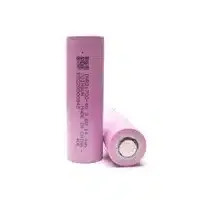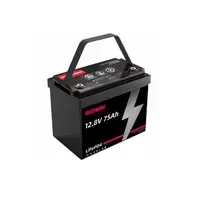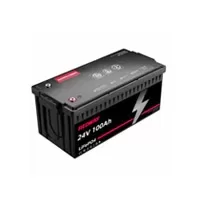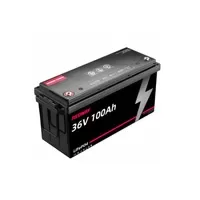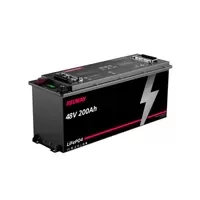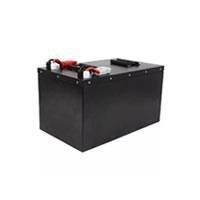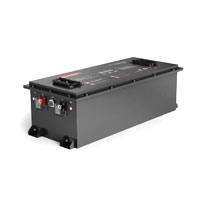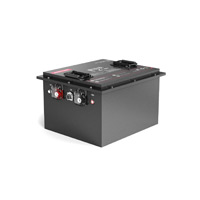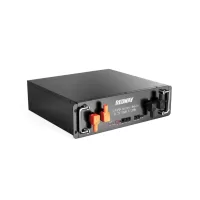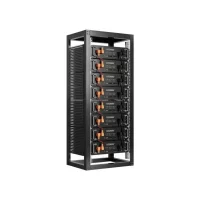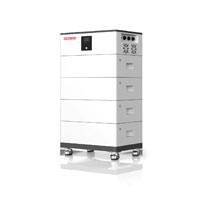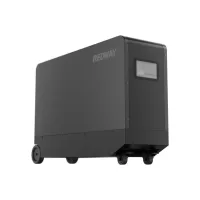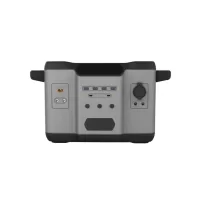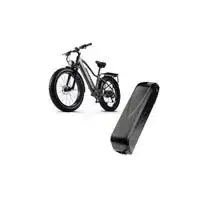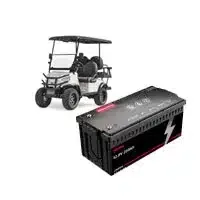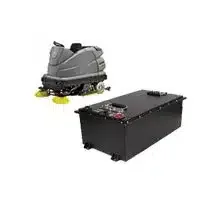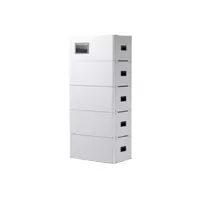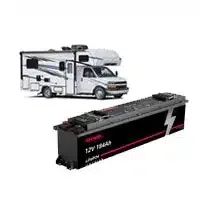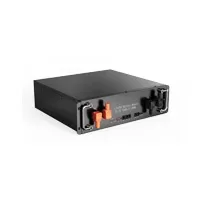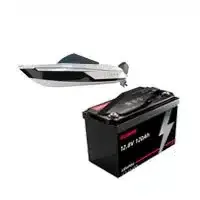Welcome to our blog post exploring Lithium Iron Phosphate (LiFePO4) and lead-acid batteries. Whether you’re a tech enthusiast or seeking reliable power solutions, this article will provide essential insights into their differences, pros, and cons. Join us as we answer a crucial question: Can you charge LiFePO4 batteries with a lead-acid charger? Let’s dive into this electrifying journey together!
Differences between LiFePO4 and lead-acid batteries
When choosing a battery, understanding the differences between LiFePO4 and lead-acid batteries is crucial. Let’s explore why these disparities matter:
- Energy Density: LiFePO4 batteries offer higher energy density than lead-acid batteries. This means more energy storage in a smaller space, making them ideal for applications with limited space.
- Lifespan: LiFePO4 batteries have a longer lifespan, lasting up to 10 years with proper care, compared to the 3-5 years typical for lead-acid batteries.
- Charging Rate: LiFePO4 batteries charge faster than lead-acid batteries, reducing waiting time and increasing usability.
- Performance: LiFePO4 batteries outshine lead-acid counterparts in terms of performance, providing better voltage consistency throughout discharge cycles and stable power delivery even under heavy loads.
- Safety: LiFePO4 technology is inherently stable, minimizing thermal runaway or explosion risks, which are more common in some lead-acid chemistries.
Understanding these distinctions will guide you in selecting the right battery based on factors such as cost, weight, application suitability, and environmental impact.
Pros and Cons of LiFePO4 batteries
Lithium Iron Phosphate (LiFePO4) batteries are gaining popularity for good reasons, offering advantages over traditional lead-acid batteries. Let’s break down the key points:
- Superior Energy Density: LiFePO4 batteries can store more energy in a smaller, lighter package compared to lead-acid batteries, making them ideal for applications where weight and space are critical, like portable devices and electric vehicles.
- Extended Lifespan: LiFePO4 batteries outlast lead-acid counterparts, often exceeding 10 years with proper care. This longevity not only saves money but also reduces waste by requiring fewer battery replacements.
- Higher Discharge Rate: LiFePO4 batteries have a higher discharge rate, delivering power more efficiently. This makes them suitable for high-performance applications like electric cars or renewable energy systems that require quick bursts of power.
- Drawbacks: Despite their advantages, LiFePO4 batteries come with higher upfront costs due to advanced technology. Additionally, while considered safer than other lithium-ion batteries, they still require careful handling and charging to prevent safety risks.
In summary, LiFePO4 batteries offer compelling benefits in energy density, lifespan, and performance. However, these come with higher initial costs and the need for proper care to ensure safe operation.
Can LiFePO4 batteries be charged with a lead-acid charger?
When it comes to charging Lithium Iron Phosphate (LiFePO4) batteries, using a lead-acid charger is a risky choice with potential consequences. Let’s break down the key points:
- Incompatibility and Risks: LiFePO4 batteries differ chemically from lead-acid batteries, requiring a specific charging process. Using a lead-acid charger can lead to overcharging, causing thermal runaway or explosions due to higher voltages.
- Cell Imbalance Concerns: Lead-acid chargers may not properly balance individual cells in a LiFePO4 battery, reducing performance and overall capacity. This imbalance can also shorten the battery’s lifespan.
- Safe Charging Alternatives: To ensure optimal performance and protect your investment, it’s crucial to use a quality charger designed specifically for LiFePO4 chemistry. These chargers have built-in safety features, including voltage limits and cell balancing functions.
In summary, charging LiFePO4 batteries with lead-acid chargers is not advisable due to chemistry differences and associated risks. Opting for a dedicated LiFePO4 charger ensures the longevity and performance of your battery.
Risks and dangers of charging LiFePO4 with a lead-acid charger
Charging a LiFePO4 battery with a lead-acid charger comes with serious risks. Let’s break down the key dangers:
- Incompatible Charging Process: LiFePO4 batteries and lead-acid batteries have different charging algorithms. Using a lead-acid charger for LiFePO4 batteries can lead to overcharging, causing irreversible damage, reduced capacity, or complete failure.
- Risk of Thermal Runaway: LiFePO4 batteries are sensitive to temperature changes. Overcharging them with a lead-acid charger can generate excessive heat, potentially resulting in thermal runaway, explosions, or fire hazards.
- Voiding Warranties and Safety Concerns: Charging with incompatible chargers may void warranties and pose personal injury or property damage risks. To ensure safety and efficiency, always use a charger designed specifically for LiFePO4 chemistry, equipped with safety features like voltage regulation and temperature monitoring.
In summary, using a lead-acid charger for LiFePO4 batteries is unsafe and can lead to severe consequences. Prioritize safety by using a charger tailored to LiFePO4 chemistry.
Alternatives for charging LiFePO4 batteries
When charging LiFePO4 batteries, avoiding a lead-acid charger is crucial due to chemistry differences. Here are alternatives to consider:
- Dedicated LiFePO4 Charger: Invest in a charger specifically designed for LiFePO4 batteries. These chargers provide the correct voltage and current levels for optimal performance and safety.
- Solar Charge Controller: Utilize a solar charge controller compatible with LiFePO4 batteries. This allows charging with renewable energy from solar panels, ensuring eco-friendly and efficient power.
- Adjustable Power Supply: If available, use an adjustable power supply or bench power supply to manually control the charging process. Set the appropriate voltage and current limits following manufacturer guidelines.
- Hybrid Chargers: Explore hybrid chargers capable of charging both lead-acid and LiFePO4 batteries. These chargers automatically detect the battery type and adjust parameters accordingly.
Regardless of the method chosen, always adhere to manufacturer guidelines for safe and effective charging practices. Selecting the right charger ensures longevity, reliability, and optimal performance while minimizing risks associated with improper charging.

